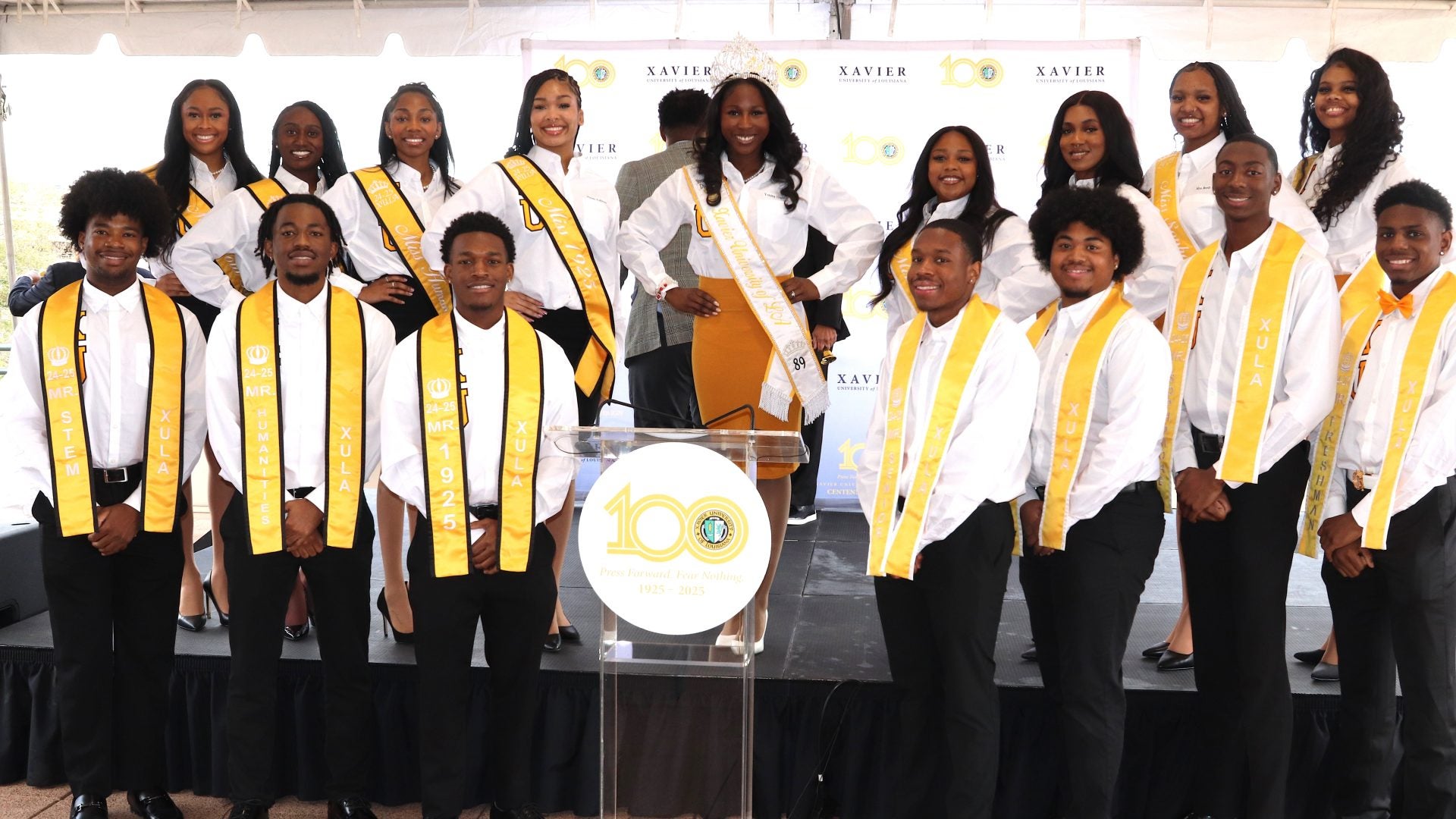
Higher education is increasingly under scrutiny from the nation’s most powerful decision-makers. Cultural attacks, rising costs and limited student aid have deterred thousands of prospective college students from seeking higher education, depriving the nation of valuable talent. As the proud president of the Xavier University of Louisiana, I understand these concerns, and also know that higher education is as essential for our nation’s prosperity more than ever.
Let Xavier be the example. In 1925, St. Katharine Drexel — a courageous nun from Philadelphia driven by regard for the dignity of all people — established Xavier University of Louisiana to make education more accessible to all in the Jim Crow South. A century later, St. Katharine’s vision to establish a co-educational higher education facility rooted in opportunity and service permeates our campus today. St. Katharine understood the deeper value of higher education and set out to ensure that students can experience the joy of unlocking their individual potential and advancing their economic opportunities no matter their background. As the nation’s only Catholic Historically Black College and University (HBCU), Xavier is a living testament to the power of learning and an unwavering commitment to social justice.
America experienced significant economic and technological growth in the 1920s, much of it driven by the often-overlooked contributions of African Americans. Sensing the rise of America’s global influence and knowing a diverse workforce was necessary to maintain our competitive edge, St. Katharine established Xavier to respond to the critical demands of the time. Embodying the true mission of higher education: St. Katharine identified the nation’s deficits and provided an actionable solution that has, in turn, allowed thousands of African American students—and the country at large—to prosper.
One hundred years later, the next frontier of global competition hinges on our achievements in the advanced sciences. Artificial intelligence, quantum computing, climate change and health care will each play a pivotal role in shaping America’s authority. To ensure America’s edge and maintain our national security, we must again look to our education system to prepare students to meet the demands of this moment. Growing a representative and talented workforce begins with an investment in accessible and affordable institutions like Xavier that know how to cultivate excellence among students who have historically been left out of the conversation.
While the nation’s national security and global competitiveness are intrinsically tied to an ambitious STEM curriculum, our K-12 students struggle to meet basic math and reading proficiency standards.
And for students of color, these statistics are sadly graver, with federal data suggesting that high schools that predominantly educate Black and Hispanic children offer advanced curricula, like calculus and physics, at lower rates than predominantly white institutions. This inequity signals to Black and Hispanic students that their voices are not valued in advanced sciences, further deterring them from seeking opportunities in higher education. Yet, in order to outpace our geopolitical adversaries, America must fully invest in all its students, ensuring we meet this paramount national security risk with a representative and holistic approach.
Despite the academic adversity students of color may face when they begin their college career—at Xavier—we pride ourselves on taking the time to nurture each student, assess their proficiencies, and provide extra support where needed. In the spirit of St. Katharine, we believe no barrier should prevent young, future leaders from being able to access our world-class education in wide-ranging fields of the sciences and humanities. In fact, 94% of our undergraduates apply for and receive some form of need-based financial aid.
Moreover, Xavier is consistently among the top 10 universities nationwide in moving students from the lowest socio-economic tiers to a higher tier. While there are many hurdles to pursuing a college degree, Xavier has proved that commitment, support and mentorship can defy all expectations. For years, Xavier has been recognized as a top producer of medical school graduates and pharmacists, who then go on to serve and provide for their community’s most vulnerable patients. Research indicates that when providers and patients have a shared cultural background, patient outcomes improve, and health disparities diminish. This insight, coupled with the alarming physician shortage in the U.S., guides Xavier is a key part of producing a dynamic and diverse medical workforce.
Xavier is building on this legacy and investing in the future of our communities. We recently announced a partnership with Ochsner Medical Center, the leading hospital system in Louisiana, to establish a joint College of Medicine. When we open our doors, the Xavier Oschner College of Medicine (XOCOM) will be the fifth HBCU medical school in the country and the only one in the Gulf South. Considering that the Gulf states face worse health outcomes than any other region, there is a pressing need to operationalize a medical school and revitalize the pipeline of physicians of color for a healthier tomorrow.
As we reflect on the century of achievements at Xavier, let us set forth our sights on the next 100 years. Xavier’s story is one of innovation and perseverance. It’s a story of resilience in the face of adversity and hope for a brighter future. Together, we have an opportunity to build upon a remarkable foundation, ensuring that Xavier continues to be a beacon of opportunity and excellence for all who come through its doors.
